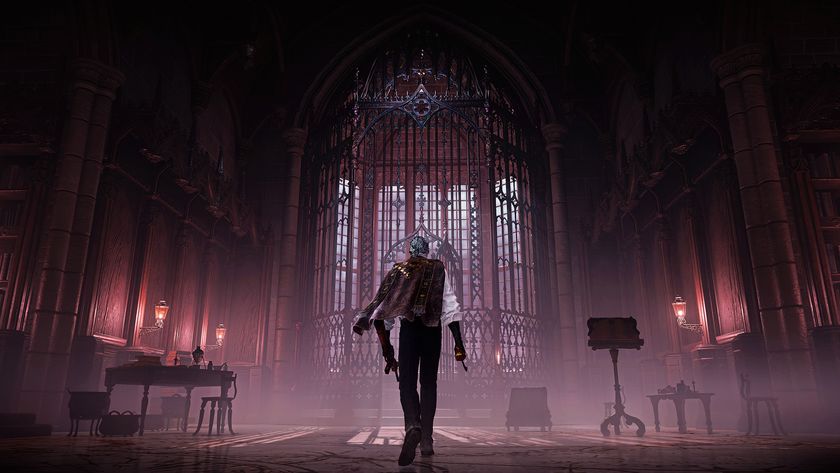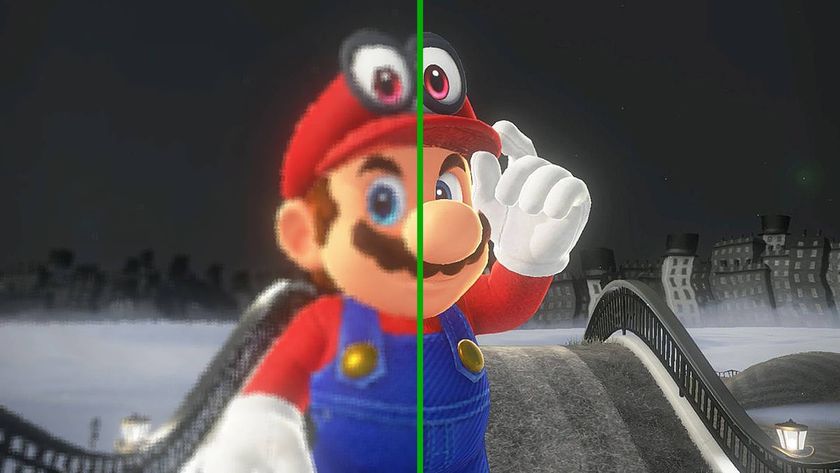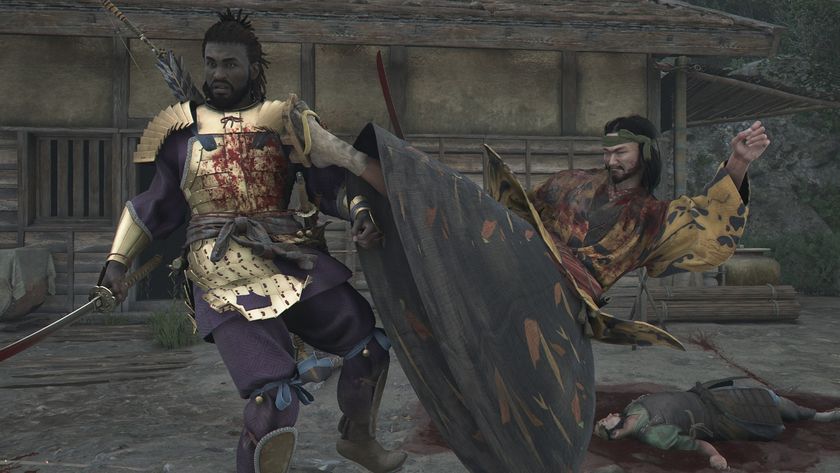Game jobs you may already qualify for
Five new, non-tech careers that could get you involved – and paid – in the industry you love
What you thinkthe job is: Something celebrities have or a slick, two-faced scumbag, depending on your familiarity with the industry.
What it really is: Not at all sinister, for one thing. What the community manager does on a personal scale, the PR does with the press. Any time you see any website, magazine, TV or radio show mention a game, that’s the PR in action.
Who already has the job: Leo Tan

Tan, a one-time hairdresser, is now master of Capcom’s stables for the entire UK. His site: www.capcom-europe.com
How did you end up doing this?
Tan: "Luck, mostly. I had no experience whatsoever. I was writing a lot (‘My top 10 Dreamcast games!!!’) in some reasonably visible places and knew some games journos. I also knew the greatest games PR of all time, Simon Byron, so I made him give me a job. He didn’t really want to, so I sent him an endless procession of emails in ALL CAPS saying he should hire me to go out drinking on his behalf. Eventually, he submitted."
What qualifies you to do it?
Sign up to the GamesRadar+ Newsletter
Weekly digests, tales from the communities you love, and more
"In the beginning, nothing. I was given an entry level position and worked my way up. Over the years I dedicated myself to learning as much about the discipline as possible, and also about learning how to present myself to senior management so that they wouldn’t know the terrible truth about myself as a person and now I have my dream job. You could argue that being able to lie and cheat and deceive my way in to a senior PR role perfectly represents the skillset necessary to do the job.
"Just kidding. I take my role very seriously and appreciate the fact that I’ve been given a lot of responsibility with no academic background. I’ve spent my videogaming career trying to make sure I absorb as much knowledge from those that surround me as possible. I think that’s invaluable, and it’s that process of learning over the last four years that now qualifies me to do what I do."

Above: Tatsunoko vs Capcom probably has provided quite the PR challenge, considering how many people have no idea what Tatsunoko is
What do you think is a common misconception about PR work?
"That we’re lying scumbags. I mean, sure, we’re scumbags, but we can’t lie. We’re open and honest with our inherent evil. We have to withhold information on a regular basis, but it’s the format of the media we deal with that necessitates that. Our goal is to keep people as excited about our games as possible, but if we did actually lie and cheat all the time, we’d lose the trust of the journalists that our role supports, and then we’d get nowhere. You can only lie once, as they say."
How important is being bubbly and likeable?
"I’ve heard it helps. You’d need to ask one of the pretty girls in our industry, I guess, since all I bring to the table is ‘accessible geek’. I can talk for hours about games, so it’s easy to talk to games journos. Everyone else, not so much."
What’s the worst part of the job?
"Working on games you don’t believe in. A lot of people think that it’s our job to persuade journalists that literally every game we work on is a triple-A title... I don’t think that’s what our job is about. Sometimes an average game will have things to be excited about. In the same way you might go to see a movie just for the special effects, you might also want to play a game specifically to mess around with the amazing handling model or just to sit back and enjoy the story...
"The public can only know that if the journalist has found that out about the game, which is something they don’t always have time to do. That’s where we come in. But I’ve had to work in the past on games about, say, sailing or cycling that I’ve just not been able to find something interesting in. I’ve found that incredibly hard, and it’s why I won’t allow myself to work somewhere that doesn’t make games I believe in."
What’s the next career step?
"For me, it’s increasing the area of my jurisdiction from the UK to the whole of Europe. You start as the front man, out on the streets persuading people in person...Eventually have your own group of front men that do that for you. Very occasionally PRs move into marketing. I consider this a good move as people in marketing get paid more. Very few PRs get paid enough to buy a house in London. As I understand it, marketing professionals live in palaces, being fed peeled grapes by nubile princesses from foreign lands that are seeking a union of houses."













